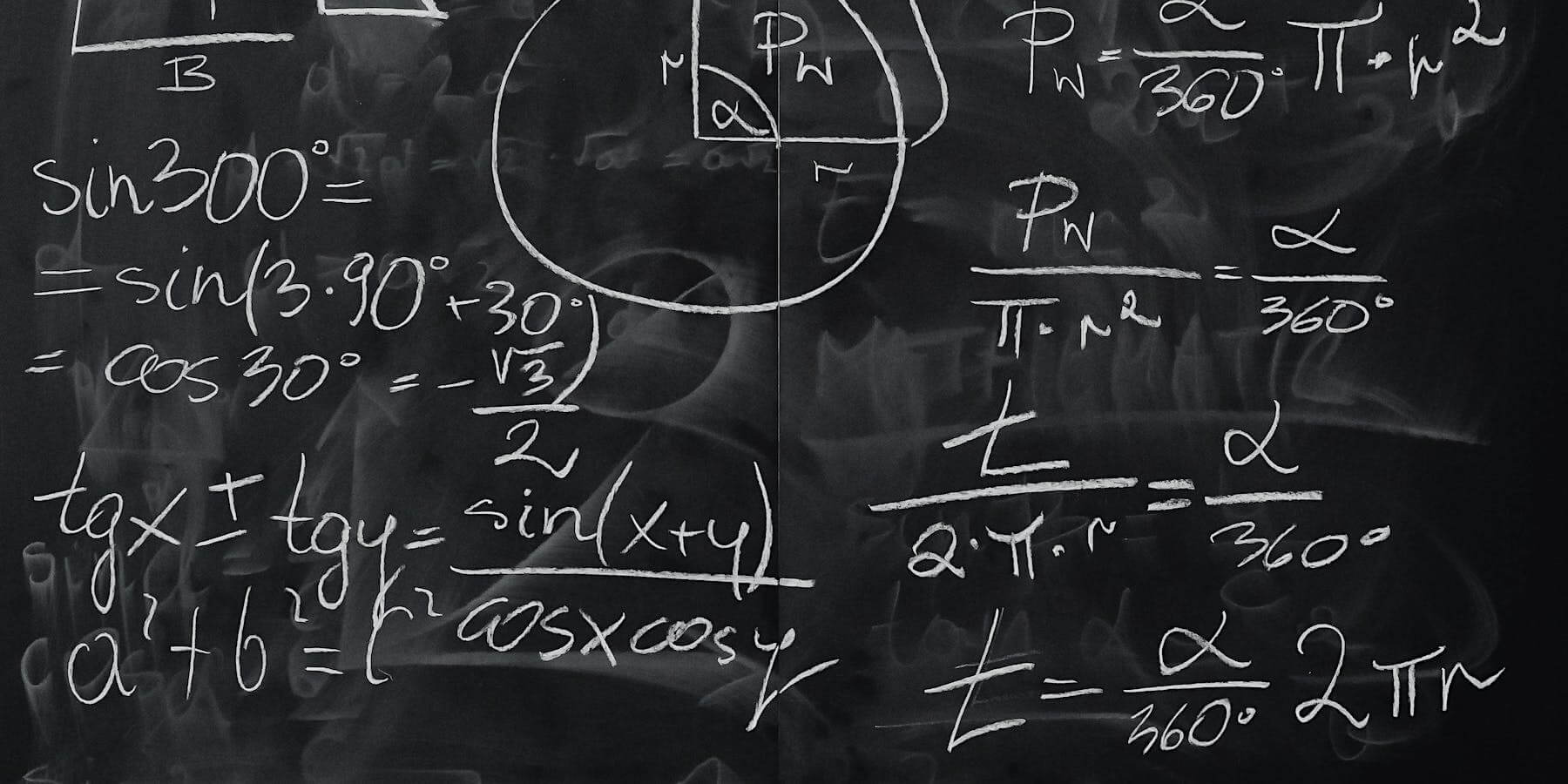A reader asks:
About six months ago, I committed to writing my first book. While I made some good progress initially, I’ve been seriously procrastinating for the last few months and I don’t understand why. It is work I care deeply about so it’s incredibly frustrating that I can’t just sit my butt in my seat and write a little bit each day. There’s always some excuse or reason, but at the end of the day I know what I need to do and just keep avoiding it. I want to stop procrastinating and write this damn book but in a way what’s even more frustrating is why I do this. Any insights into the psychology behind why procrastination happens in the first place?
I’ve spent a lot of time and energy researching the psychology of procrastination because it’s such a common problem for folks I’ve worked with.
As a therapist, it came up all the time with my clients as a goal they wanted to work on, and in my writing, I get probably 3-4 emails per day from people asking for help with procrastination specifically.
To this day, by far the best framework I’ve found to explain procrastination is something called The Procrastination Equation by a Canadian psychologist named Piers Steel.
What Steel did was to look at all of the research done on the causes of procrastination over the past century. Then, using an advanced statistical technique called meta-analysis, he aggregated all the data and discovered that there were essentially four primary factors that caused procrastination…
- Self-efficacy. How strongly do you believe that you are capable of completing the task? When we don’t have much confidence in our ability to complete a task (or to complete it well), our likelihood of procrastinating goes way up.
- Value. How enjoyable is the task? In general, the more enjoyable a task, the less we procrastinate on it.
- Impulsiveness. How distractible are you? If you’re vulnerable to lots of distractions and have a hard time resisting those distractions, you’re much more likely to procrastinate.
- Delay. How much time there is in between the decision to take on a task and the point when it must be completed? We tend to procrastinate most on open-ended projects or tasks with no fixed due date.
In addition to clarifying these four as the most influential factors in procrastination, Steel’s research also showed that they work together in a particular way, which is why he named his framework The Procrastination Equation…
Specifically, he found that your likelihood of overcoming procrastination on a given task will be equal to the product of your self-efficacy and the value of the task divided by the product of how impulsive you are and the amount of delay between taking on a task and its due date.
As a formula or equation, it looks like this:
Odds of Overcoming Procrastination = Self-Efficacy x Value / Impulsiveness x Delay.
So, if you want to actually finish that book, you need to:
- Figure out which of these factors is most strongly affecting your tendency to procrastinate.
- Make a serious plan to address each of them specifically.
What that would look like is beyond the scope of this piece, obviously, but I’ll leave you with some broad suggestions for each factor…
- If you struggle a lot with self-efficacy or confidence, often the best approach is to set smaller, more doable goals for yourself initially to build up skill and confidence before tackling the big goal.
- If you struggle a lot with value, you can pretty dramatically shift your experience of the task itself by clarifying your values around why the task is meaningful or important for you.
- If you struggle with distractibility, get creative about where, when, and how you work. Often our environment has more to do with our distractibility than our psychology.
- If you struggle with the delay element, consider setting strict micro-deadlines for yourself along with real mechanisms in place to keep you accountable.
Good luck!
